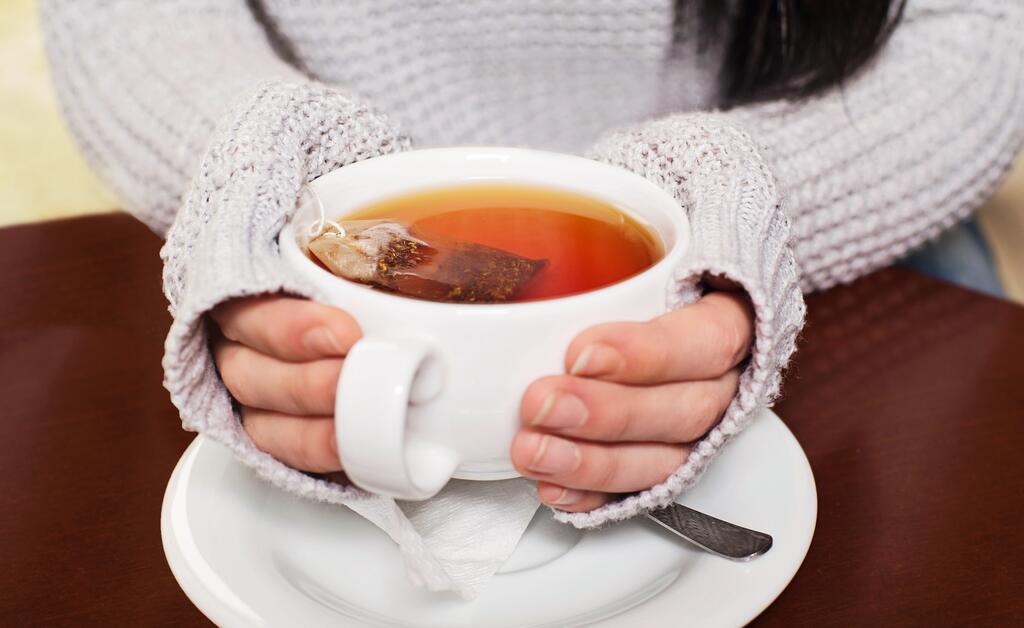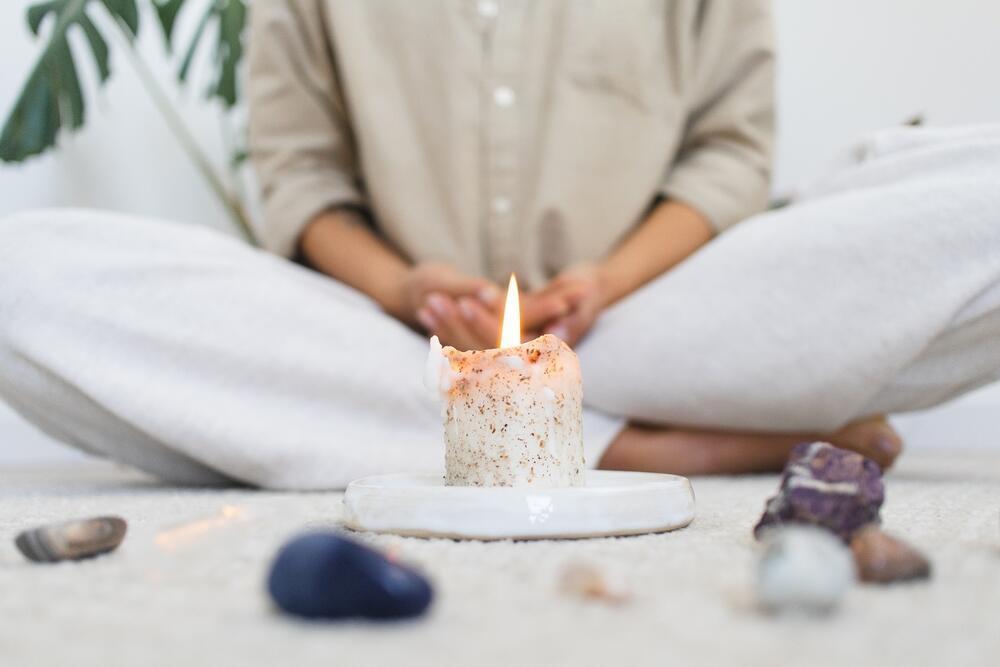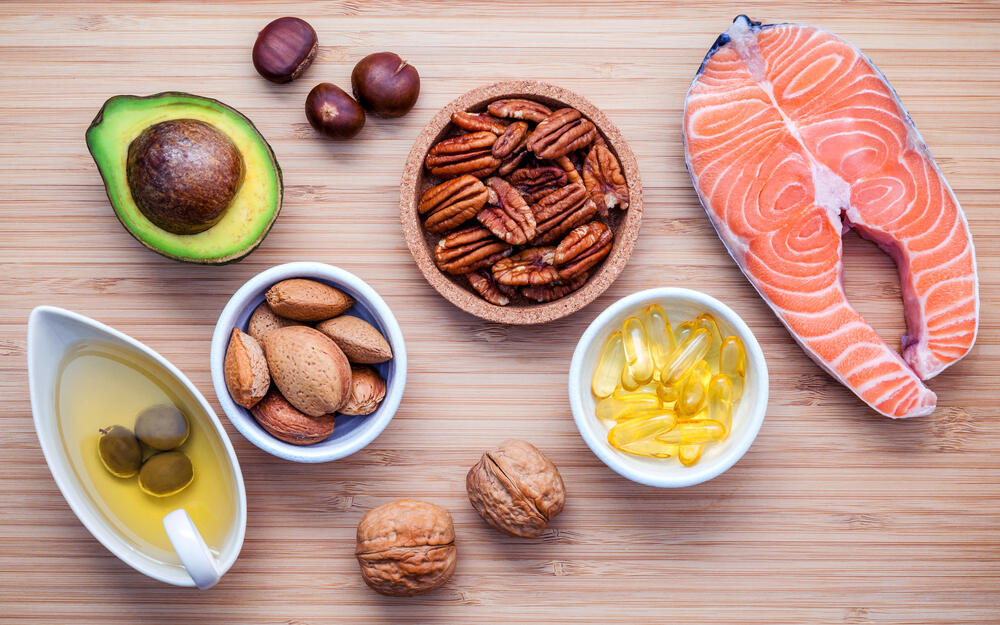The war, security threats and ongoing tension are taking a toll on all of us. Even if we manage to "function normally," something inside remains on high alert. The body absorbs the unrest, the mind responds with overload and stress seeps into our daily routine.
Anxiety is not a malfunction – it's a natural survival mechanism. But when it appears repeatedly without a clear trigger, it can become a daily burden. Muscle tension, restless sleep, unexplained spikes in heart rate, mental fatigue, hypersensitivity – all are ways the body signals: "I'm under stress." And this is exactly where natural medicine can offer support – not just symptomatic relief, but deep, calming balance from within.
Medicinal herbs that support the nervous system
Lavender: Well-known for its calming aroma, lavender has a real physiological effect on the nervous system. It reduces anxiety, relieves mild muscle tension and promotes restful sleep. Research shows that lavender oil has effects similar to mild anti-anxiety medications – without the side effects. It can be used as an essential oil or in tea. Gentle, safe and helpful when thoughts won’t stop racing at night.
Chamomile: One of the most beloved and gentle herbs. Suitable for children, pregnant women and sensitive individuals. Soothes the digestive system, supports sleep and eases general irritability. It's antispasmodic and helps with abdominal tension, headaches or muscle pain. Its mild flavor makes it easy to drink – especially in the evening.
Passionflower (Passiflora): Its leaves have a calming effect on body and mind. Acts on GABA receptors to induce relaxation without heavy drowsiness. Great for those who feel stress physically – tight muscles, rapid heartbeat. Supports natural sleep and promotes easier falling asleep.
Valerian: Known as “nature’s Valium,” valerian helps with deep relaxation and sleep. It calms the central nervous system and is suitable for acute anxiety. Its effects build over time. Usually taken as a tincture or capsule.
Linden (Tilia): Also known as “lime blossom tea,” linden gives a soft, soothing feeling in tea. It balances the nervous system and supports calmness. Suitable for children and for moments of tension or restlessness. It doesn’t induce drowsiness – just helps lower the “inner pulse.”
Hawthorn: Affects the heart – both physically and emotionally. Reduces palpitations and feelings of chest tightness. Good for those whose stress affects the circulatory system. Also supports stress-induced migraines. Typically consumed as a tincture.
Ashwagandha: An adaptogenic herb that helps the body cope with stress and restore balance. Its effects build over time – strengthening, stabilizing and balancing. It reduces cortisol, supports sleep and enhances vitality. Especially suitable for fatigue and burnout.
Verbena: A calming herb with mood-balancing properties. Supports the nervous system and helps in cases of mild anxiety or sadness. Gently affects the female hormonal system. Doesn’t cause drowsiness – instead, it soothes and clears the mind.
Important note: Always consult a certified practitioner before taking herbs, especially if you have a medical history.
Herbs especially suitable for children
For children over age 4, gentle herbs are recommended:
- Chamomile – reduces irritability, supports sleep.
- Passionflower – in appropriate doses, helps with difficulty falling asleep.
- Linden – calming herbal tea.
- Scutellaria lateriflora – for emotional sensitivity, alertness and hyperactivity.
Nutrition that supports emotional balance
What we eat significantly affects how we feel. Certain foods directly support the nervous system:
- Oats – promote calm, stabilize blood sugar.
- Almonds, tahini, bananas – rich in magnesium and B vitamins.
- Less coffee, less sugar – especially in stressful times.
- More green vegetables, whole grains and legumes – kitchen stability = emotional stability.
Daily tools to calm the nervous system
You don’t need an hour-long meditation. Sometimes, a small ritual is enough to remind the body: it’s safe to breathe.
Mindful breathing – inhale for four seconds, hold, slow exhale. Repeat five times – noticeable effect.
Gentle movement – slow dancing, walking, stretching.
The scent of calm – a drop of lavender oil on the pillow, a natural room spray or a relaxing shower with essential oils.
Inner-calming recipes
Natural calm bites (also for kids)
Ingredients:
- 1 cup pitted dates
- ½ cup oats
- 1 tbsp almond butter or tahini
- Cinnamon, shredded coconut, cocoa – to taste
Instructions: Blend all ingredients, roll into balls, store in a container in the fridge.
Get the Ynetnews app on your smartphone: Google Play: https://bit.ly/4eJ37pE | Apple App Store: https://bit.ly/3ZL7iNv
Calming herbal tea
Ingredients:
- ½ tsp chamomile
- ½ tsp lemon balm (melissa)
- Boiling water
- Silan (date honey) or honey (optional, after straining)
Instructions: Steep for 7 minutes, strain, drink warm.
Mango-melissa smoothie
Ingredients:
- Ripe mango
- ½ cup cold lemon balm tea
- Oat milk
- Cinnamon
Instructions: Blend all ingredients and enjoy a sweet moment of calm.
Cordyceps herbal coffee substitute
Ingredients:
- ½ tsp cordyceps powder
- 1 tsp natural cacao
- Drop of honey or silan
- ½ cup oat milk
Instructions: Froth and drink instead of morning coffee.
We may not control reality – but we can nurture our inner peace. You don’t need to change everything. Just start – with a cup of tea, a deep breath or a small ritual of stillness. Your body will thank you.
- Carmit Berlin is a clinical herbalist and professional consultant at BARA Professional.





